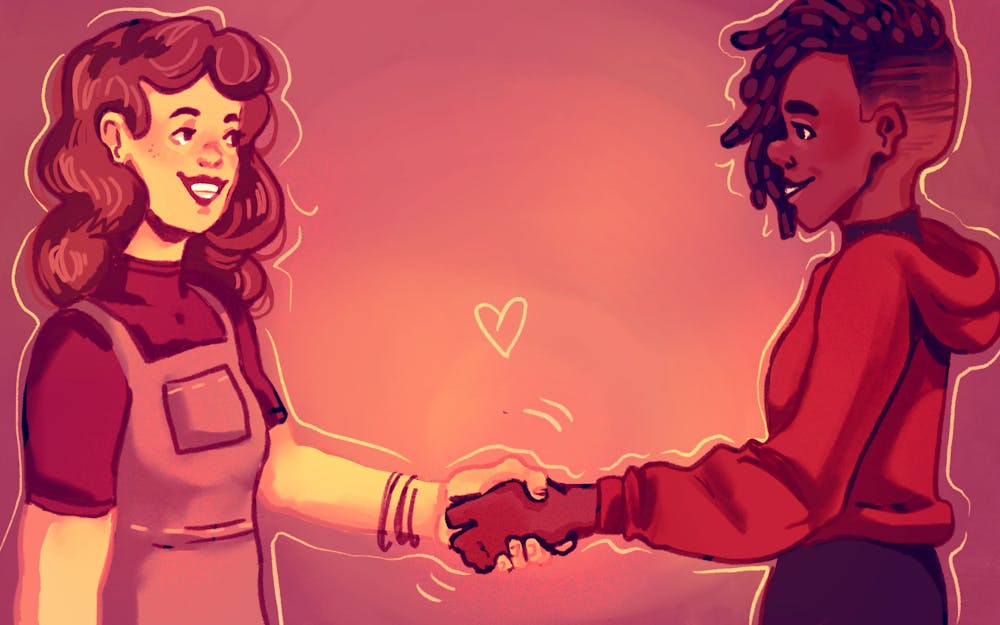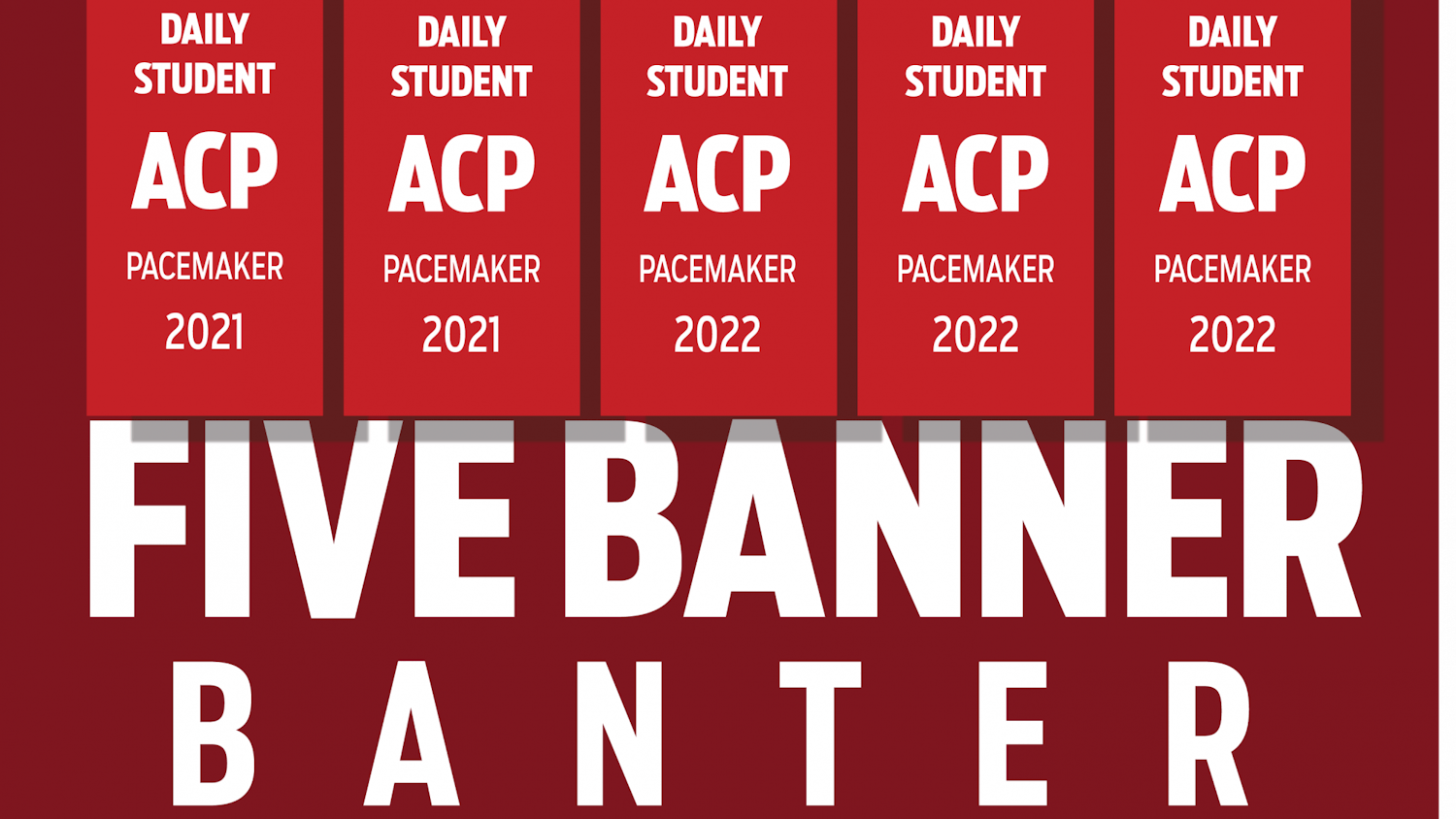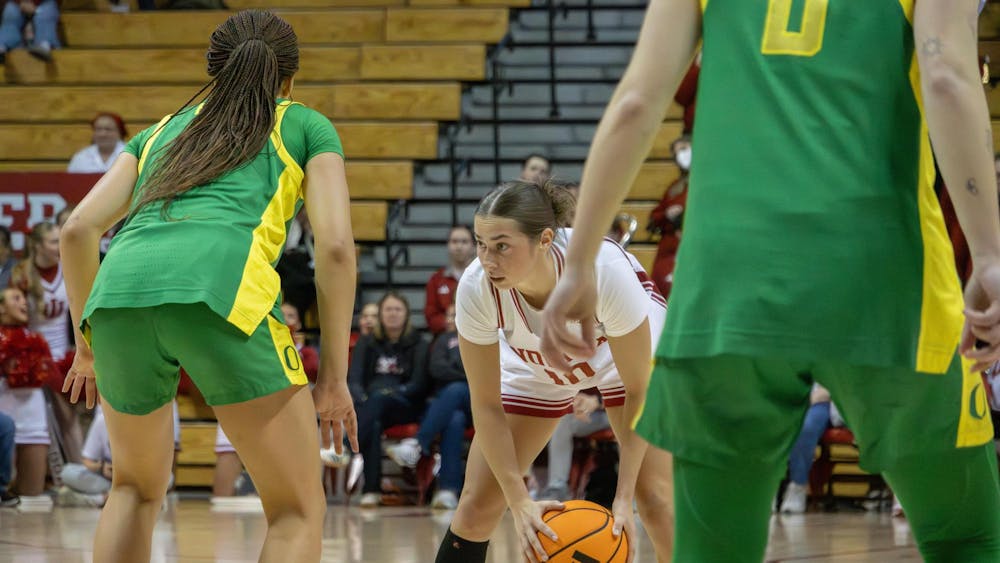When I was in middle school, I probably believed at least half the people in my life hated me, found me annoying or thought I was weird. That might seem extreme, but to me, it made perfect sense, because it was exactly how I viewed a fair amount of my peers as well.
If someone said they liked a book I liked, I had to be sure that I read it first, understood it better or valued it more than them. If I thought someone was much better looking than me or wore more expensive clothes, I automatically assumed this meant they were less funny or smart.
Unsurprisingly, middle school was probably emotionally the lowest time of my life thus far. I was deeply insecure and self-doubting, constantly comparing myself to others and feeling envious and spiteful over the things I perceived that I lacked. Though hard to believe with all the criticisms I passed off toward others, I hated myself far more than anyone else.
As I have grown up, harsh outward judgment has certainly found its way into my daily habits at times — either making me more insecure or surfacing as a result of existing insecurities.
When I was a 13-year-old girl who was awkwardly tall, with feet a little too big for my body and frizzy hair, there couldn’t have been a more satisfying feeling to me than being confident the prettiest girl I knew of had a rotten personality, bad grades or some other shortcoming.
In the years since then, the moments I have been most disappointed with myself have often been ones where I realized that people who appeared “better” than me in one aspect don’t necessarily have a massive flaw to justify that. Nor does it have anything to do with how easy or perfect their life is. Many of the people whom I had conjured up illogical personal reasons to loathe were some of the kindest, most interesting and intelligent people I have met once I got to know them better.
I have experienced nasty exposures of my stubborn, naive external judgments when I learned something about someone that did not fit within the narrative I created of them — especially when this surprising aspect of their lives was something I also struggled with.
“They’re just jealous of you,” many of us have heard from adults growing up if someone was bullying or talking badly about us. Maybe you have said this to comfort people in your life when you heard they were being criticized. I always thought it was a bit corny, but there is truth to the statement.
My harshest, most frequent and most unsupported judgments of others are often projections of my own self-doubt.
Some of the best, most interesting people I have met and have the privilege to call my friends, mentors and peers are people I likely would not have opened my heart to if I had maintained my miserable middle school attitude.
Judgment, while inevitably a useful natural human action of evaluation, is something I find many of us allow our brains to do with far too little discretion or conscious interrogation. Of course, it would be impossible to completely stop ourselves from drawing conclusions, including completely uninformed ones, altogether.
The brain will always observe that someone may be old, young, tall or loud. However, it is beyond valuable to consciously interfere with your brain when it begins classifying these observations into connotative categories.
With the people I already know, I have found it incredibly healing and strengthening to my relationships when I am able to consciously stop myself from forming stubborn judgments about their personality or actions.
Working to let go of immediate and stubborn judgments has helped me find more friends and nurture these relationships, value myself more and appreciate others for who they are — even if their existence does not inherently make me feel any better about myself. It is far easier to enjoy the activities you do, the interests you have and the people you meet when you withhold judgments, avoid drawing quick conclusions and assume the best of others’ intentions and personalities.
We are all changing, growing and learning every day. When you can give your peers and loved ones the space to do this, it will be infinitely easier for you to do the same.
Leila Faraday (she/her) is a sophomore studying policy analysis with minors in geography and urban planning.






